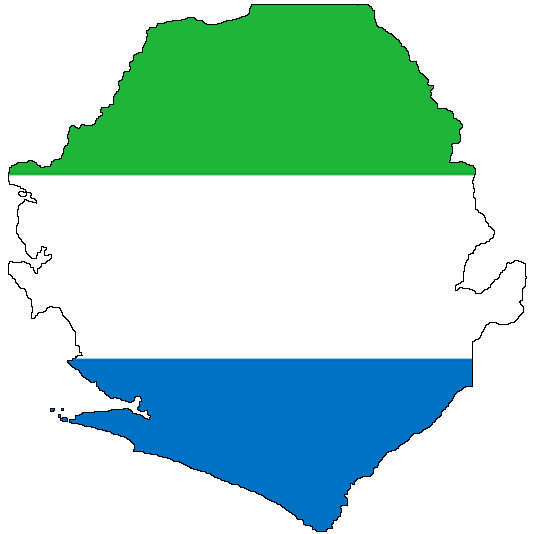Concentrating State Power: Lessons from a Banana Republic

Mohamed Sorie Forna, a medical doctor who later became a politician, was executed in Freetown, Sierra Leone, on July 19, 1975. Below are excerpts from one of the last letters Forna wrote to Siaka Stevens, who was Sierra Leone's Prime Minister from 1967 to 1971 and President from 1971 to 1985. In his letter, Forna emphasized that when a single individual holds exclusive control over state power, it undermines democracy, centralizes authority, and poses a threat to freedom and justice. Dear Prime Minister, In 1967, Sir Albert brought this country to the brink of political and economic disaster. All right thinking people realized that Sir Albert’s insatiable desire for power and wealth spelt chaos and complete disruption of our social fabric. What he wanted to impose upon this nation was a one-man dictatorship, shrouded by a fraudulent Republican Constitution that concentrated all powers in the hands of a single person. In view of this menace to personal freedom and economic stability...


